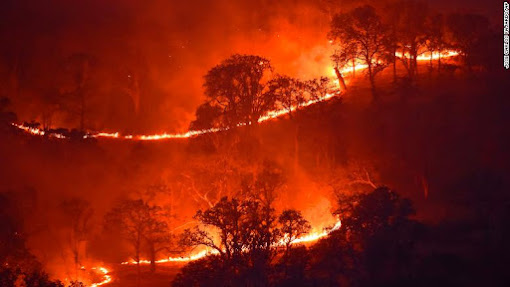Storm Francis causes widespread flooding
Strong winds and heavy rain brought by Storm Francis has caused widespread flooding across large parts of the UK and particularly Wales; the Met Office put out extreme weather warnings and evacuated people from some areas as wind speeds reached up to 75mph
Click here to read more...
The price of bread may rise after the worst wheat harvest in the UK in 40 years; extreme weather has affected crop growth, with flooding causing problems with sowing last autumn and dry spells in the summer limiting nutrient uptake
Thousands of people have gathered to march in protect about the large oil spill off the coast of Mauritius last month; it is thought that around 1,000 tonnes of oil have been spilt into a precious wildlife area, and that the government has done little to clean up the spill or prevent it from happening in the first place
Click here to read more...
Click here to read more...
A good season for butterflies
All the warm weather over spring and summer this year has made it an excellent season for a number of butterfly species; lots of British native species have been seen in abundance although there are still several that are in decline overall
Click here to read more...
Click here to read more...








